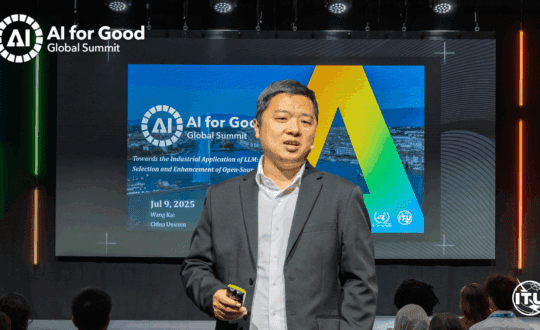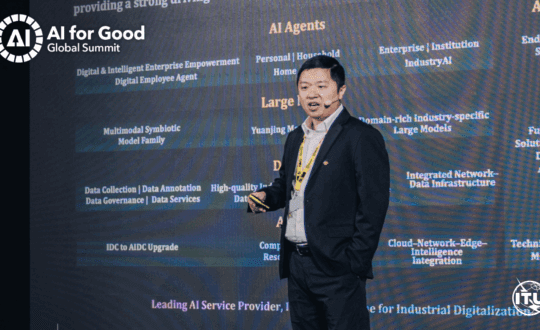Artificial intelligence (AI) holds great potential to benefit society but realizing the technology’s full potential needs understanding of not only use case specific requirements but also regional preferences. Rapid strides in AI research, brings forth the digital divide among countries that have access and those that do not have digital access, skills, and knowledge. This problem presents an opportunity to address such inequities in digital use, opportunities, and benefits. To achieve our goals in solving global challenges, it is important to bridge the digital divide, particularly in the AI domain. Innovate for Impact workshops aims to share experiences and expertise for application of AI techniques and models (including the new thinking and reasoning models), multi-modal datasets to make AI more equitable. Availability of toolsets and collaborative research, mapped to global standards enriched with regional success stories bring real value to this workshop. Since the Innovate for Impact project was launched in March 2024, 218 use cases from 38 countries and 118 scholar applications from 35 countries have been received. A total of 53 use cases were selected, and the final report was released in July 2024. Two workshops were held in Geneva and Shanghai in May and July 2024, respectively, and the interim and final reports were released at these two events. 12 use cases were selected, and certificates of outstanding projects were issued at the workshop in Shanghai in July 2024. These submissions were rigorously evaluated based on their clarity, alignment with global goals, impact of AI on achieving global goals, potential for future work, and alignment with the ITU’s scope. The top 20% of these use cases were selected for a pilot release scheduled for May 2024, with the final version set to be released in July 2024. Additionally, 18 authors of the selected use cases were invited to present their work. Innovate for Impact report includes use cases from developing countries such as African, American and Asian region, as well as developed countries such as the United States and European countries. In addition to presenting relevant AI use cases, this report also analyzes and discusses the use cases. In the two in-person workshops organized, the authors of the use cases have presented the use cases for discussion. At the same time, 14 scholars from developing countries were selected to participate in case studies and receive guidance from ITU experts and domain experts. The project also sponsored them to visit, participate and receive mentoring in Geneva and Shanghai. Through the use case presentations and workshop activities, we aim to achieve the following objectives:
- Deep dive into use cases: identify and study the application gap and opportunities to make AI more equitable and inclusive for all. This includes a study of vertical industry and the categories of cases will align with global goals. Providing mentorship and support to the selected use cases so they can scale their projects alongside global collaboration and interoperable solutions to make bigger positive impact on the communities. This would bridge the knowledge gap and promote experience sharing on AI applications. Use case presentations with a focus on vertical applications as well as AI and connectivity, while solving global goals brings not only experts together but also studies the global impacts of technology upon these topic areas.
- Scholars mentoring and exchange: The workshop, with a chosen track based on the use cases received, would showcase the results of a global competition and its result will be announced during AI4G Global Summit. This fosters collaboration and networking among participants, including policy makers, academia, industry, and civil society, etc. Scholars and Expert Group members would discuss the learnings and guidance from the project.
- Practical outcomes and global impact: Building a community of government officials and policymakers interested in AI for development strategies, Researchers and academics working in AI and related fields and Industry professionals and entrepreneurs exploring AI opportunities in developing countries. Turn knowledge into practice and continue to hold workshops, webinars etc. to build on the positive outcomes to promote knowledge-sharing. Enhance global impact and capacity building.













































































